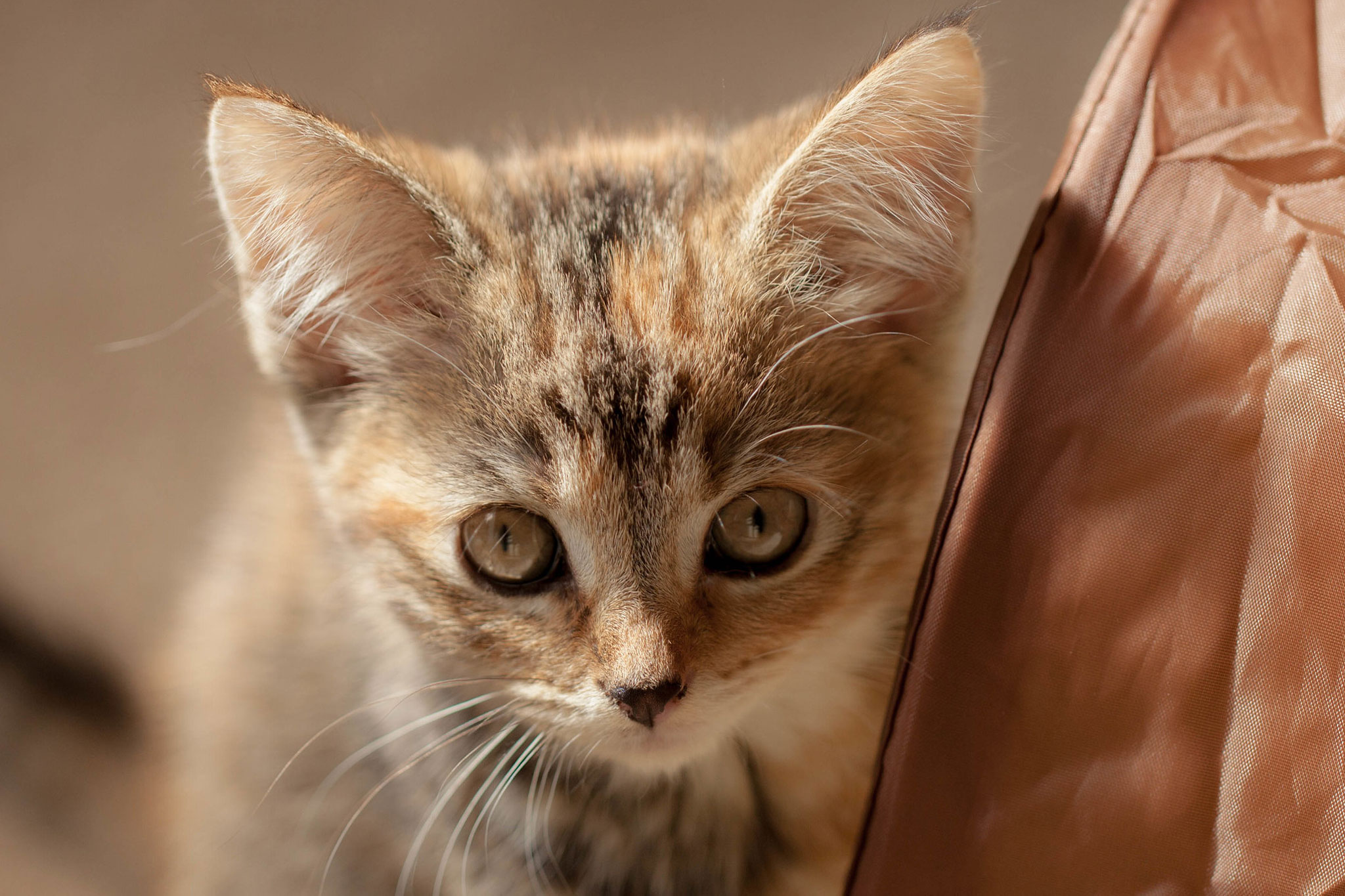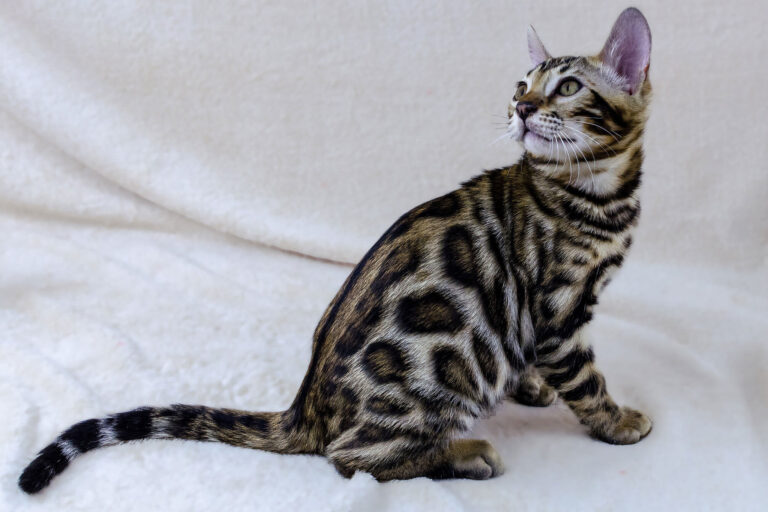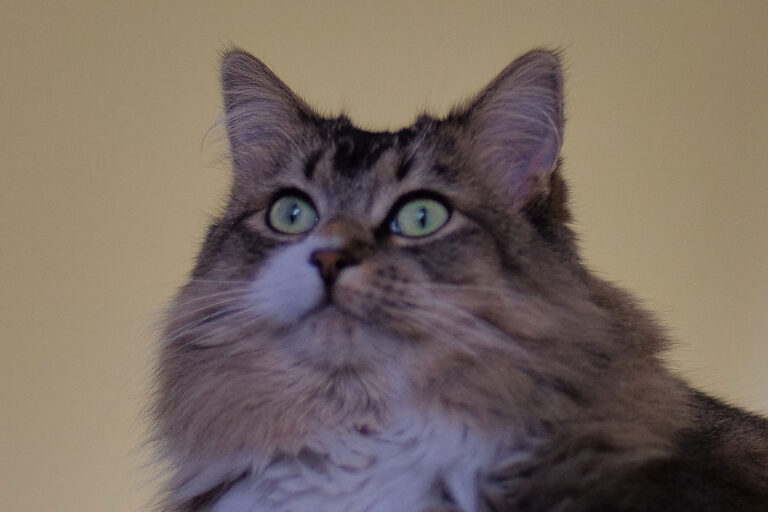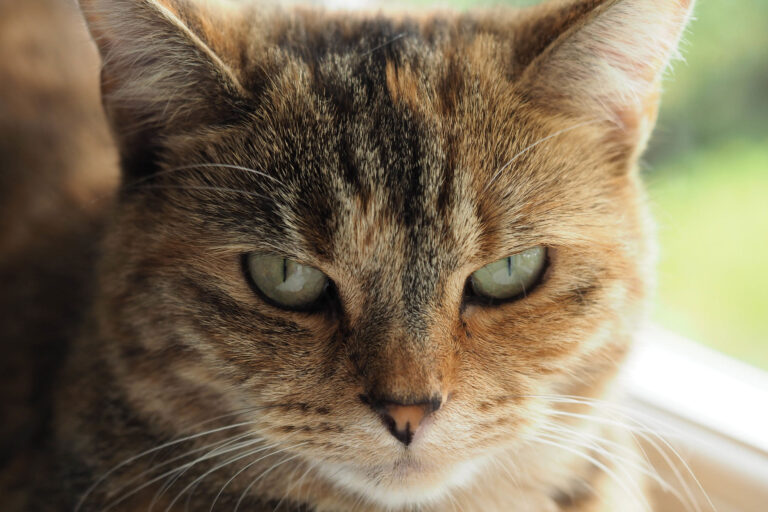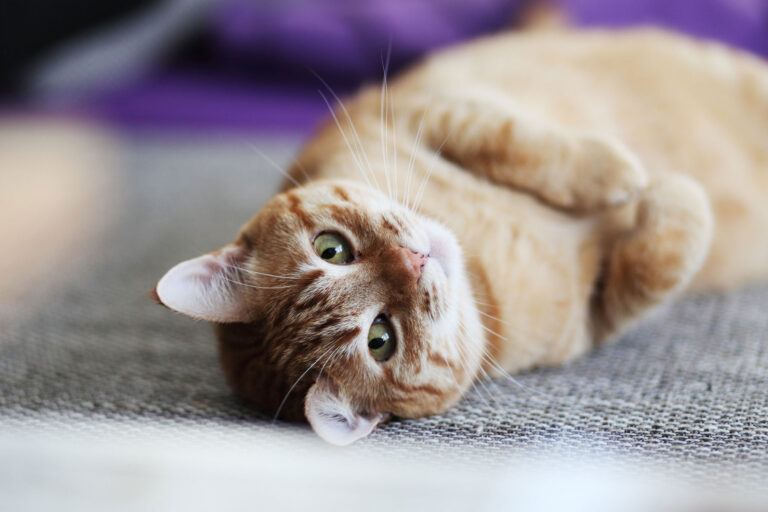Your cat is more than just a pet; they’re a beloved member of your family. Ensuring their health and well-being is a top priority, and regular veterinary check-ups play a crucial role in achieving this. In this comprehensive guide, we’ll delve into why these check-ups are vital for your cat’s overall health and longevity.
1. Early Detection of Health Issues:
Cats are masters at hiding signs of illness, making it challenging for pet owners to recognize when something is wrong. Regular vet check-ups provide an opportunity for early detection of health issues that may otherwise go unnoticed. During these exams, your veterinarian will conduct a thorough physical assessment, checking for abnormalities in your cat’s weight, coat, eyes, ears, and more. They may also recommend diagnostic tests, such as bloodwork or urinalysis, to screen for underlying health conditions. Detecting problems early allows for prompt intervention and treatment, ultimately improving your cat’s prognosis and quality of life.
2. Vaccination and Preventive Care:
Vaccinations are a cornerstone of preventive care for cats, protecting them against a range of infectious diseases. Regular vet check-ups ensure that your cat’s vaccinations are up-to-date and tailored to their individual needs based on factors such as age, lifestyle, and risk of exposure. Your veterinarian will administer necessary vaccines, such as those for rabies, feline leukemia, and distemper, to help keep your cat healthy and protected. Additionally, preventive measures such as flea, tick, and heartworm prevention may be recommended to safeguard your cat’s well-being year-round.
3. Dental Health Maintenance:
Good dental hygiene is essential for your cat’s overall health and well-being. Yet, dental issues are among the most common health problems seen in cats. Regular vet check-ups include dental examinations to assess the health of your cat’s teeth and gums. Your veterinarian may recommend professional dental cleanings to remove plaque and tartar buildup, which can lead to periodontal disease and other oral health issues if left untreated. Maintaining good dental health not only improves your cat’s oral hygiene but also reduces the risk of secondary health problems such as heart disease and kidney disease.
4. Individualized Wellness Plans:
Every cat is unique, with their own set of healthcare needs. During a vet check-up, your veterinarian will develop an individualized wellness plan tailored to your cat’s specific requirements. This plan may include recommendations for nutrition, exercise, parasite control, and ongoing monitoring to ensure your cat remains healthy and happy throughout their life. By addressing your cat’s unique needs, you can provide them with the best possible care and support their overall well-being.
Regular vet check-ups are essential for maintaining your cat’s health and happiness. From early detection of health issues to vaccination, dental health maintenance, and individualized wellness plans, veterinary care plays a crucial role in ensuring your cat lives a long, happy life. Remember to schedule regular check-ups with your veterinarian and prioritize preventive care for your feline companion.

Dr. Lorie Wiltse’s path to veterinary medicine was marked by a great desire for excellence and a dedication to advance the profession of neurology.
Subscribe my Newsletter for new blog posts. Stay updated from your inbox!

